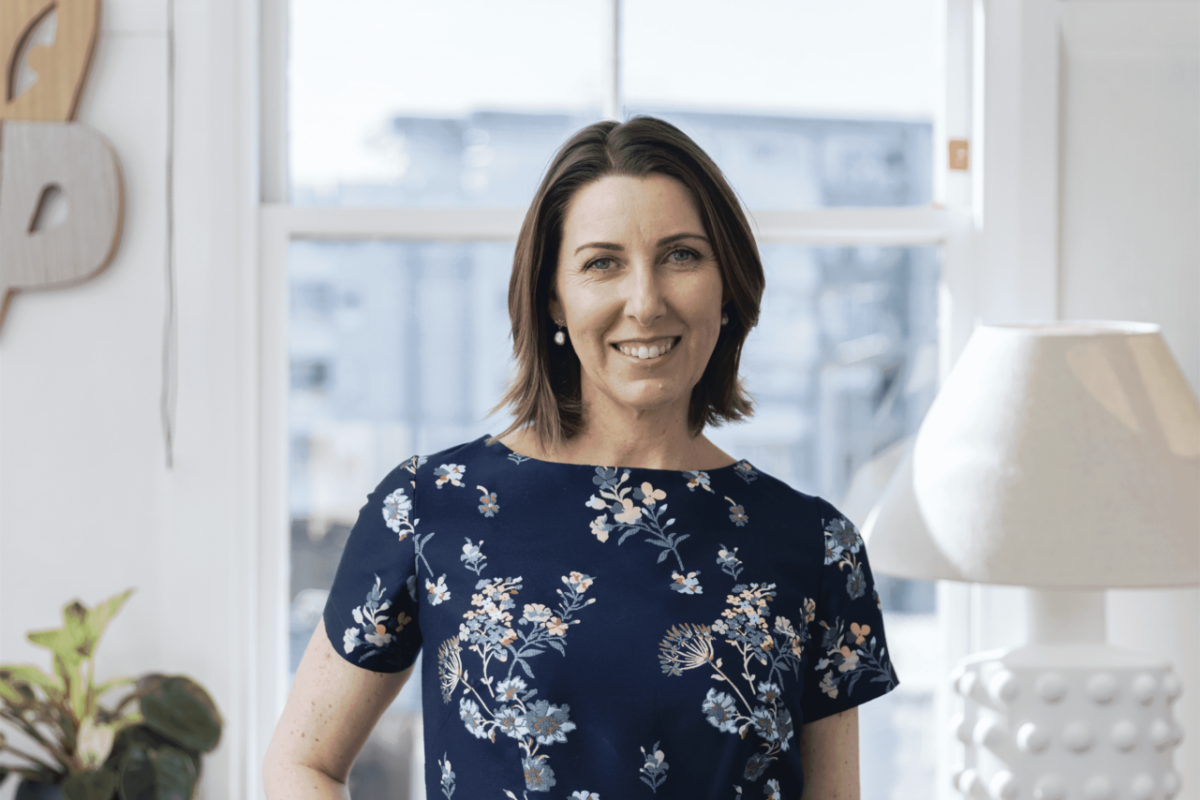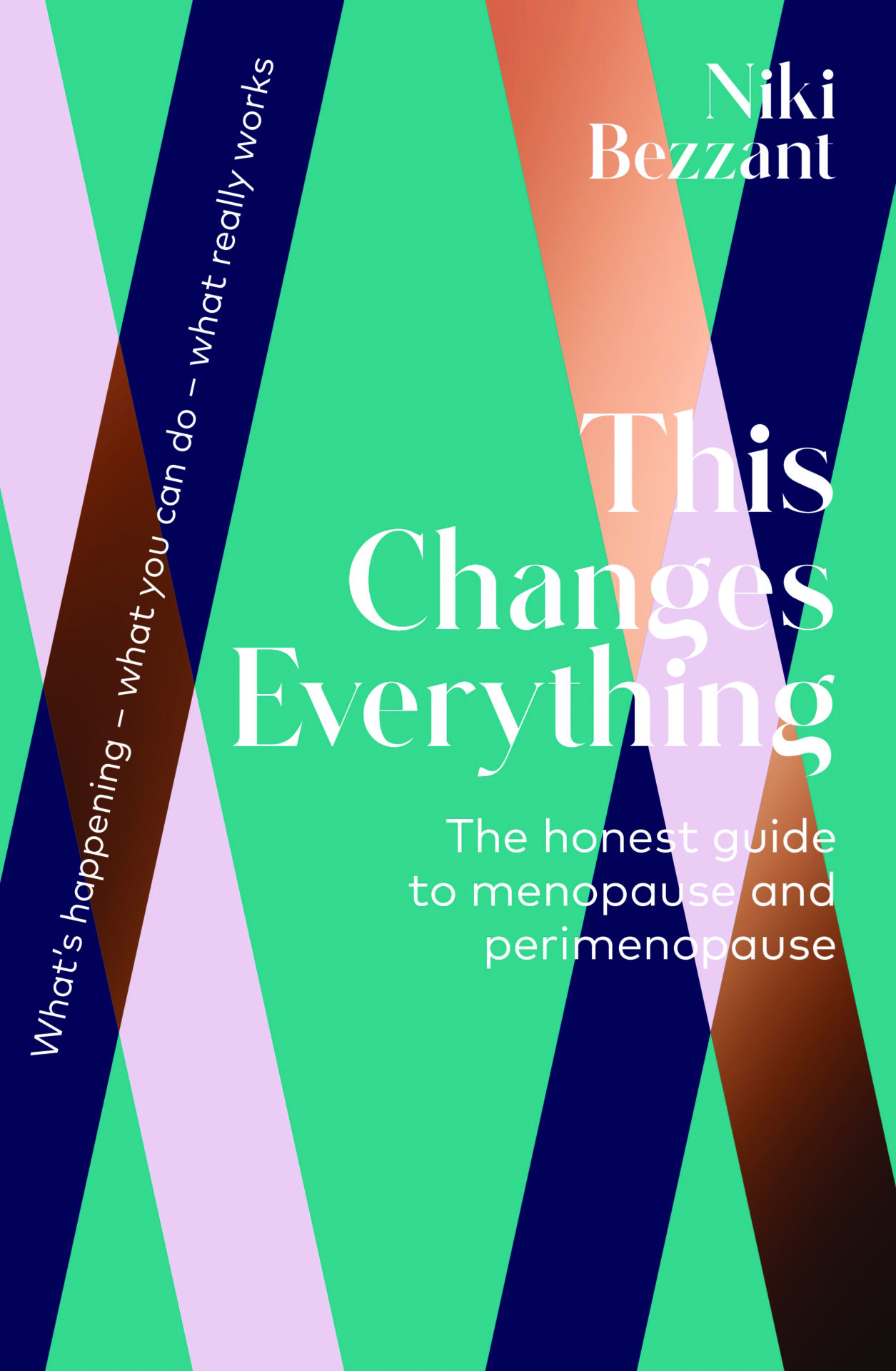The “M” Word… All You Need To Know

- Written by
- Erin Harrison
For many generations of women, all they knew about menopause came from overhearing whispers of their mums and grandmothers talking about ‘the change’.
Thankfully here in 2022, we can get a bit more real about the word menopause without having to resort to hushed tones – but according to Niki Bezzant, the author of a new book ‘This Changes Everything’, there is still a way to go in terms of educating society about what it actually means. In her honest guide to menopause and perimenopause, she covers what’s happening, what women can do, and what really works, but she’s also keen on encouraging conversation.
“I don’t believe menopause is taboo anymore. As GenX women reach perimenopause age, they want to know more, and if I have my way, it’ll be as ordinary as talking about pregnancy, puberty or periods before too long.”
But before all that comes into play, it’s helpful to know what menopause is.
“Menopause simply means the end of a woman’s menstrual periods and the end of fertility,” explains Anna Mastrovich, a nurse practitioner from the Taupo Medical Centre.
“However, this is a process and periods may become irregular as the ovaries are producing fewer eggs. Your menstrual cycle may be shorter, longer, lighter or heavier and this is because there is a decrease in oestrogen which can result in physiological changes in the body.”
Where all the action happens is what’s called ‘perimenopause’ and this can start as early as your late 30s, lasting anywhere from two to ten years. But while it is a natural part of life for women, there can be a lot of trepidation over what it may be like – especially when everyone’s experiences can be so different.
“There are 40 or more symptoms of perimenopause, but we’re not all going to get everything – or anything,” says Bezzant.
“Definitely talk to your doctor if your symptoms are interfering with your quality of life. And don’t be fobbed off with answers like ‘you’re too young’, or ‘it’s just part of being a woman’.”
Mastrovich says there are many treatments to help ease these side effects, and she recommends seeking help from your local health provider (or a naturopath if you would like to explore natural therapy).
“You may need a hormone supplement to help manage symptoms, including mental wellbeing, and these can be tailored to your needs. It really is about working to find the best solution for you.”
At the end of the day, Bezzant wants women to know that they don’t have to just ‘suck it up’ and get on with it. By having the right information at their disposal, women can get through this ‘change’ in their lives with a greater sense of empowerment over their bodies.
